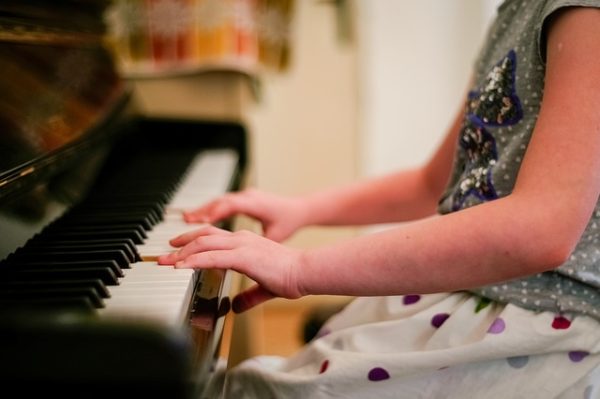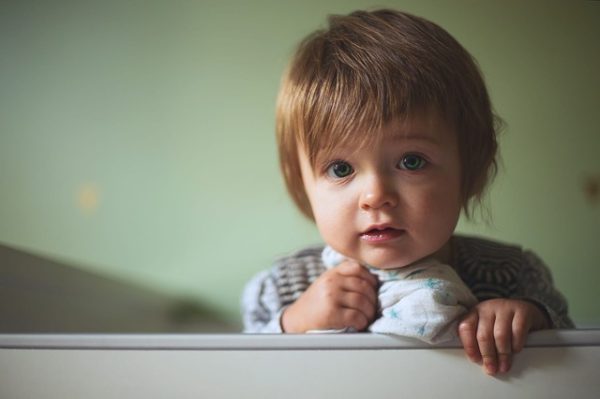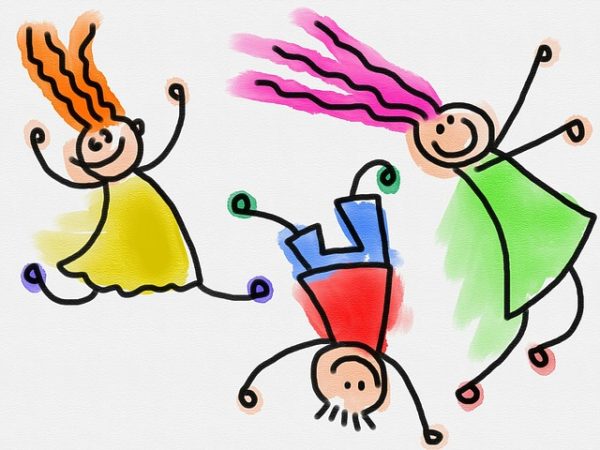
お子さんにピアノを教えていたり、ピアノ教室に通わせている親御さんも多いかと思います。
プロのピアニストになってほしかったり、教養の一つとして習わせていたり、脳の発達のために演奏させていたり、その理由は様々です。
総じて子供には「楽しくピアノを学んでほしい」と思っている方がほとんどかと思います。
しかしなかなか楽しんでくれないことってありますよね。
最悪の場合、楽しまないだけでなく、ピアノそのものを嫌いになって自らピアノに向かうことがなくなっていきます。
ではどうすればいいのでしょうか。
今回は、小さい子供にピアノを楽しく教えるコツを紹介します。
1回の練習時間を短くする
ピアノのレッスンでは、今できるスキルを復習するだけではありません。
当然新しいステップへチャレンジしていきます。
子供だけでなく大人でも、新しいことにチャレンジするときには、いくらかのストレスを感じるものです。
このストレスの原因は大きく2つです。
1つは新しい知識を覚えたり、新しい経験をすることで脳が疲れるためです。
もう1つは、チャレンジが自分のイメージ通りにできないことにより、フラストレーションが溜まるためです。
大人が思っている以上に子供は疲れています。
このストレスを感じ続けると、子供はピアノに対して興味をなくしてしまいます。
ピアノのレッスンの時間は、1日に15分~30分程度にして、サッと切り上げるようにしましょう。
特に小さいお子さんがレッスンを続けたいと望まない限りは、短く終わらせることをおすすめします。

練習を習慣化させる
ピアノの練習は当然毎日したほうが効率がいいです。
先程、1日の練習時間を短くすることを提案しましたが、これは頻度を上げるためでもあります。
毎日数時間の練習を繰り返すと、当然子供は嫌になりますよね。
そうならないために、一度にドカンとやるのではなく、細かく分けて練習の日数を増やすようにしましょう。
それを繰り返していくことで、ピアノをすることが習慣になってきます。
例えば「歯磨き」を子供に習慣化させるために、毎日毎日子供に教え聞かせる必要がありますね。
ご飯の前の「いただきます」も同じです。
ピアノも同じように、覚えるまでは何度も何度も繰り返す必要があります。
しかし、一度習慣化してしまうと、それを苦に感じずにやるようになります。
1日の練習時間が短くても、その練習頻度はできるだけ多くしてください。
理想は時間を決めて毎日練習です。
例えば夕方の5時から15分間は「ピアノの時間」として習慣化させてみてください。
一度それを覚えると、強要しなくても子供はピアノに向かうようになります。
もし、自分から時間どおりにピアノに向かうようになったらその都度、必ず褒めるようにしましょう。
それが正しい行動だったと評価してあげることが重要です。

子供のピアノの演奏を肯定する
これは、ピアノのレッスンの質に関わる部分です。
ピアノを楽しく学ばせるためには、褒める回数を増やすことを忘れないようにしてください。
どんなに小さいことでも構いません。
出来なかったことが出来るようになったときはもちろん、いつも出来ることを褒めることも重要です。
一方で、もちろん叱ることも大事です。
出来ていないことは出来ていないと教えなければいけません。
演奏中、何に注意しなければいけないか。
何にチャレンジしているかを理解しなければなりません。
ただし、決して「出来るようになるまで止めたらいけない」などと子供を脅さないようにしてください。
一度ピアノに対して恐怖心を抱いてしまうと、次のレッスンから「楽しく」ピアノが弾けなくなる場合があります。
どんなに成長のペースが遅くても、大人が焦らないようにしてください。
小さなことも褒め、小さなことでは叱らないようにすることが子供を楽しませるポイントです。

同じ練習ばかりしない
子供を褒めていれば必ずピアノに対して前向きになるわけではありません。
その日に起きた出来事や気分によってはピアノを嫌がる場合もあります。
また、子供が感じる時間は大人よりも長いです。
大人からすると短い時間であっても、子供からしたらなが~い時間になっているのです。
そのため、「子供はすぐに飽きる」ように感じるのです。
常にピアノに面白さを感じるために、練習内容はこまめに変えるようにしましょう。
「楽譜を練習」→「演奏できた」→「また次の(難易度)の楽譜を練習」の繰り返しでもダメです。
絵本を使ったり、耳を使った練習をしたり、ピアノの練習方法はたくさんあります。
それらをうまく織り交ぜながら、高いモチベーションを維持させるようにしましょう。
例えば、子供と一緒に「耳コピの練習」をしてみてもいいでしょう。
その子供が好きなアニメで流れている曲を一緒に聞いて、メロディーを一緒に鍵盤で探してみましょう。
もともと興味があることとピアノをつなげるだけで、ピアノそのものの印象は高くなります。

さいごに
とりわけ、子供のピアノの練習において目標を高く設定しないでください。
子供たちには小さな目標を重ねてピアノを楽しませることが何よりも大事です。
今回ご紹介した4つのコツは、もちろんすべてのお子様に当てはまることではありません。
お子さんの性格やピアノの環境に応じて、やり方を変えていく必要があります。
子供たちの想像力を使ってクリエイティブに、大人自身が楽しくピアノを教えていきましょう。
コメントを残す